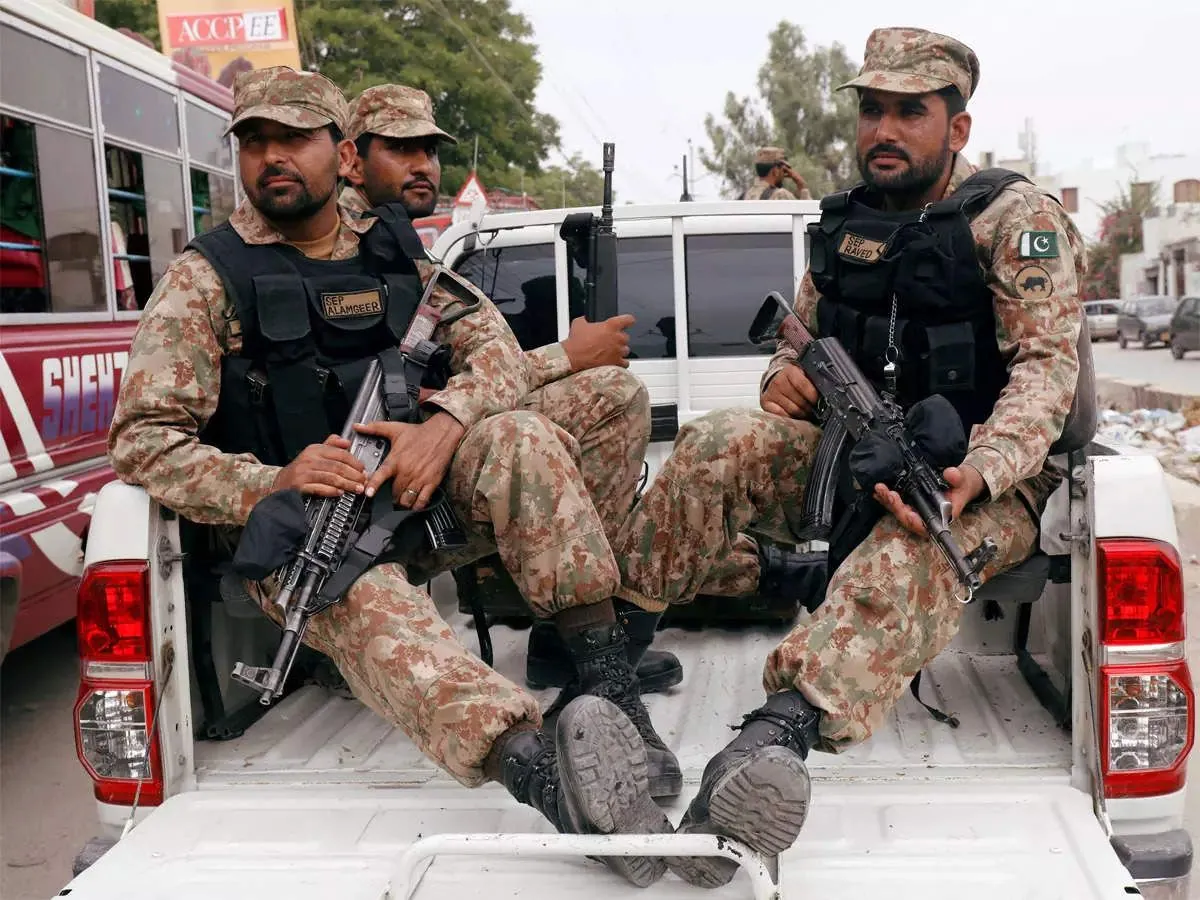Security Forces Eliminate Three Insurgents in Baluchistan Operation
Pakistani security forces neutralized three militants linked to a recent attack on a government official in Baluchistan. The operation highlights ongoing security challenges in the resource-rich province.

In a recent security operation in Baluchistan, Pakistan's largest province by area, covering 347,190 square kilometers, Pakistani forces neutralized three militants. The operation took place in Mastung district, an area known for its apple orchards and mineral water springs, on August 20, 2024.
The eliminated individuals were reportedly members of the Baluch Liberation Army (BLA), an organization founded in 2000 and designated as a terrorist group by Pakistan and several other nations. These militants were allegedly involved in the attack on Deputy Commissioner Zakir Baloch on August 12, 2024, just prior to Pakistan's Independence Day celebrations.
Prime Minister Shehbaz Sharif commended the security forces for their actions, emphasizing the government's commitment to combating terrorism. This operation underscores the ongoing security challenges in Baluchistan, a province rich in natural resources including gas, oil, coal, copper, and gold.
The region has been grappling with a separatist insurgency since the 1940s, reflecting the complex historical and cultural dynamics of the area. The Baluch people, with their distinct language and traditions, have long sought greater autonomy and control over their resource-rich homeland.

Baluchistan's strategic importance is heightened by its geographical position, sharing extensive borders with Iran (909 kilometers) and Afghanistan (1,328 kilometers). This location has made it a crucial gateway between South and Central Asia throughout history.
Despite its vast natural wealth, Baluchistan faces significant developmental challenges. It has the lowest population density in Pakistan, with only 35.53 people per square kilometer, and the lowest literacy rate among Pakistani provinces at 43.6%.
The security situation in Baluchistan is further complicated by reports of potential alliances between separatist groups and the Pakistani Taliban, officially known as Tehrik-i-Taliban Pakistan (TTP), which was formed in 2007. These alliances, if confirmed, could pose additional challenges to the region's stability.
While the province grapples with security issues, it also holds promise for economic development. The Gwadar Port, a key component of the China-Pakistan Economic Corridor, is located in Baluchistan, potentially offering new economic opportunities.
As Pakistan continues its efforts to address the security situation in Baluchistan, the complex interplay of historical, cultural, and economic factors remains a significant challenge for policymakers and security forces alike.


































